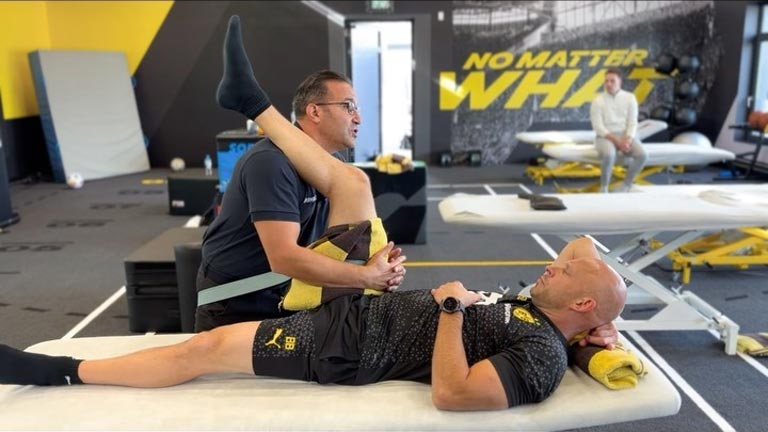
When you are diagnosed with any condition, especially one as debilitating as dysphagia, your first instinct will be to read everything there is to read. This is to feel empowered by diving into how to self-manage when the doctors are not around. This is a positive thing to do, as long as you are staying away from misinformation. This guide has five common strategies for managing dysphagia.
Keep a Food Journal
Lots of people who are diagnosed with dysphagia keep a food journal. This helps them to figure out which food or drink is a trigger and exacerbates their worst symptoms, and what alleviates things. You could complete this task through an app or in a physical notebook, but the trick is to do it and fill it out consistently over a set period so the results mean something. It wouldn’t be particularly helpful to only do it for a day, because this will not provide enough data to analyze.
Engage With Your Medical Team
Dysphagia is a medical condition, and sometimes there are underlying causes bringing it on or making it worse. Your doctor will need to know about all of your symptoms and investigate possible underlying conditions that could be playing a part. Go to your appointments, and be proactive so that nothing major is ever missed. Common underlying causes of dysphagia include GERD, throat cancer, dementia, stroke, and COPD. Some of these conditions are more serious than others, but that is why a conversation with your doctor is worth it.
Use Thickeners
Lots of people with swallowing difficulties use a thickener for their drinks and food like the Simply Thick mix-in powder range. Thicker substances make the process of swallowing a more thought-out action and encourage people to take their time, eat/drink slowly, and more carefully too. They are a well-established way to make life easier for people living with dysphagia, and a safe way to create a nutritional balance. It also means typical side-effects from this condition such as malnutrition and dehydration will be better avoided as the person at the heart of the diagnosis will be less averse to eating and drinking in general.
Concentrate on Posture
There is also a strong case for thinking about how you sit while you eat or drink. While it might not always be possible to sit at a table, it is really easy to work on a positive posture that supports easier swallowing of food and drink. Sitting up straight and holding your head in a better position will make swallowing more naturally attainable and reduce pain as well.
Practice Swallowing Exercises
As well as focusing on posture, swallowing exercises are highly recommended. Your doctor may send you to the door of a physiotherapist who will focus on ways to strengthen your swallowing muscles. These have to be fully committed to and will take time to learn, but as long as there is nothing more serious going on, they will be entirely useful.
Managing dysphagia is easier than you may think if you engage with the right pathways. From posture to physio, and focusing on making mealtimes easier, there are lots of ways to manage the condition.




